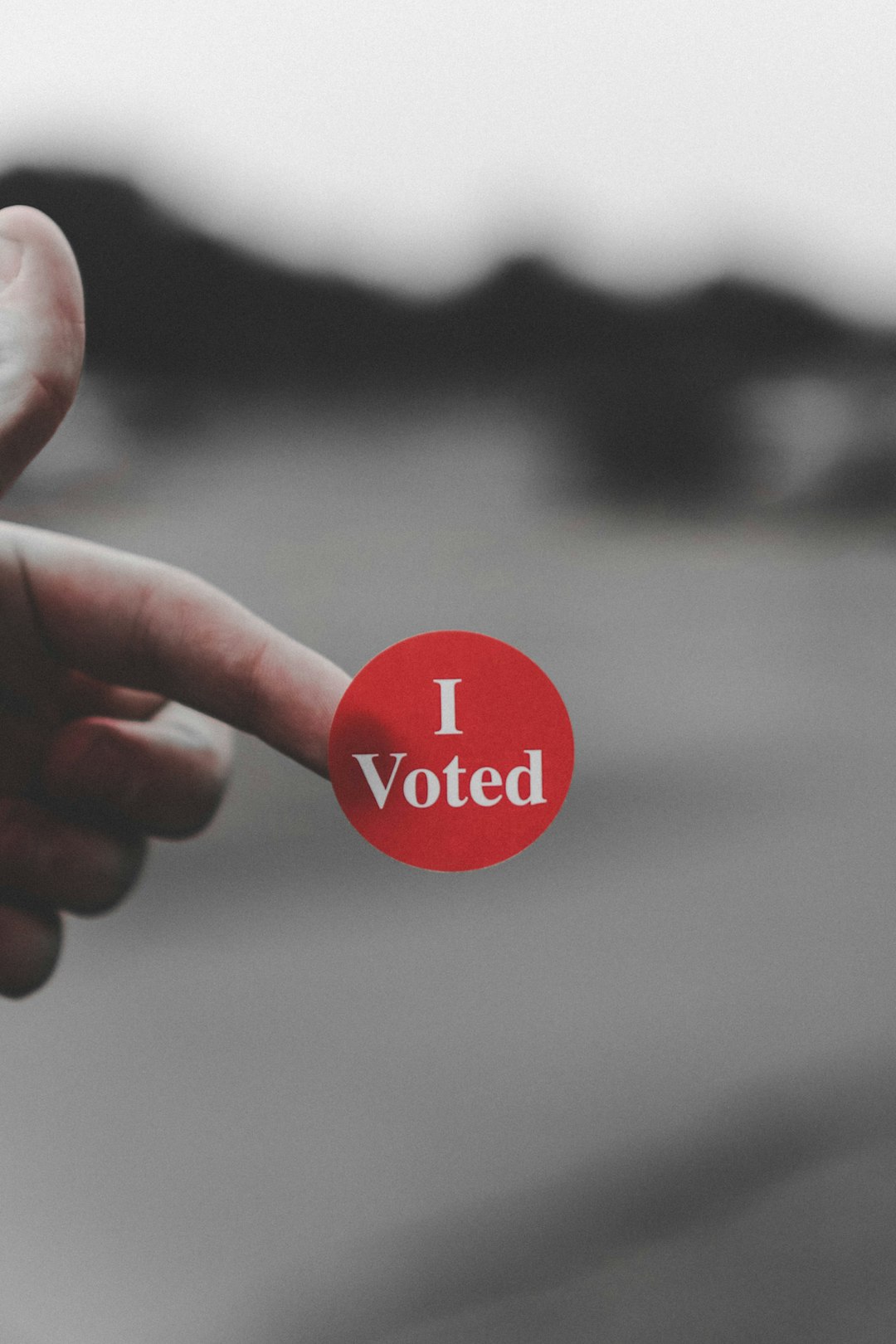
Global Governance: A Threat to National Sovereignty?
In a world where coffee can be ordered from a smartphone app and a tweet can launch an international crisis, the notion of global governance is becoming increasingly prevalent. But at what cost to national sovereignty? For those who hold the belief that individual nations should be able to govern themselves without the interference of an overarching global authority, the rise of global governance is not just a topic for intellectual debate; it’s a clarion call for action.
The Unraveling Fabric of National Identity
To start, let’s consider the essence of what it means to be a nation. Sovereignty is not just a political term; it is the very fabric that weaves together national identity, culture, and historical context. When global governance structures seek to impose regulations, standards, or ideologies, they risk diluting this rich tapestry. Take, for instance, the various international accords that dictate environmental policies. What sounds like a noble quest for a better planet may, in reality, be a one-size-fits-all approach that disregards the unique needs and priorities of individual nations.
A Case Study: The Paris Agreement
The Paris Agreement is often hailed as a monumental step towards global environmental governance. Yet, it imposes binding targets on countries, forcing them to adhere to standards that may not align with their economic realities. A developing nation might find itself shackled to the whims of wealthier countries whose interests are not necessarily aligned with its own. This is not merely a hypothetical scenario; it is a reality that highlights a disturbing trend toward external control.
The Erosion of Democratic Principles
One of the most alarming facets of global governance is its tendency to erode democratic principles. When decisions are made in international forums, the average citizen often finds themselves removed from the process. Who elected these global leaders? Who is holding them accountable? The answer is often a resounding silence.
Consider the World Health Organization (WHO) and its response to global health crises. While it’s crucial to have international collaboration, the fact remains that decisions made on a global scale can often bypass local governance structures. The pandemic became a case study in this phenomenon, where national leaders found themselves navigating conflicting directives from global entities while their citizens looked to them for guidance. The result? Confusion and frustration, as the voice of the people was drowned out by the echo of international bureaucracy.
Counterargument: The Need for Global Cooperation
Now, before you start throwing tomatoes, let’s consider the counterargument: global issues like climate change, pandemics, and terrorism do require a coordinated response. Sure, but isn’t it possible to foster cooperation without sacrificing sovereignty? Countries can collaborate while still maintaining their individual identities and governance structures. The key is ensuring that any global governance initiative respects the autonomy of member states rather than undermining it.
The Slippery Slope to Authoritarianism
The slippery slope argument is not merely a fallacy; it’s a historical reality. When nations cede power to global organizations, they open the door to potential authoritarian rule. The more power we relinquish, the less we control our destinies. This can lead to a future where decisions affecting our lives are made by individuals who do not share our values, cultures, or priorities.
Historical Lessons
History is littered with examples of how centralized power can lead to oppression. The European Union, often touted as a model of successful regional governance, has faced criticism for its technocratic overreach. Bureaucrats in Brussels may have grand plans for unity, but it often comes at the expense of local cultures and national interests.
A Call to Action
So, what’s the solution? It’s time for a robust discussion about the role of global entities in our lives. Rather than surrendering sovereignty, nations must assert their rights to govern themselves. We should advocate for international cooperation that respects individual governance structures, allowing countries to collaborate on pressing global issues without compromising their autonomy.
In conclusion, while the notion of global governance may be appealing to some, the reality is a complex web of issues that threaten the very essence of national sovereignty. It’s not just about politics; it’s about preserving the identity, culture, and democratic principles that make each nation unique. Let’s engage in meaningful dialogue, but let’s also be vigilant in protecting what makes us distinctly sovereign. After all, a world of independent nations collaborating on their terms is a far more promising future than a world governed by an indistinct global authority.
In the end, we ought to remember: liberty is not just a word; it’s a way of life.
Tags: opinion, editorial, current events, global governance, national sovereignty, democracy, climate change, public health, international relations, national identity.


